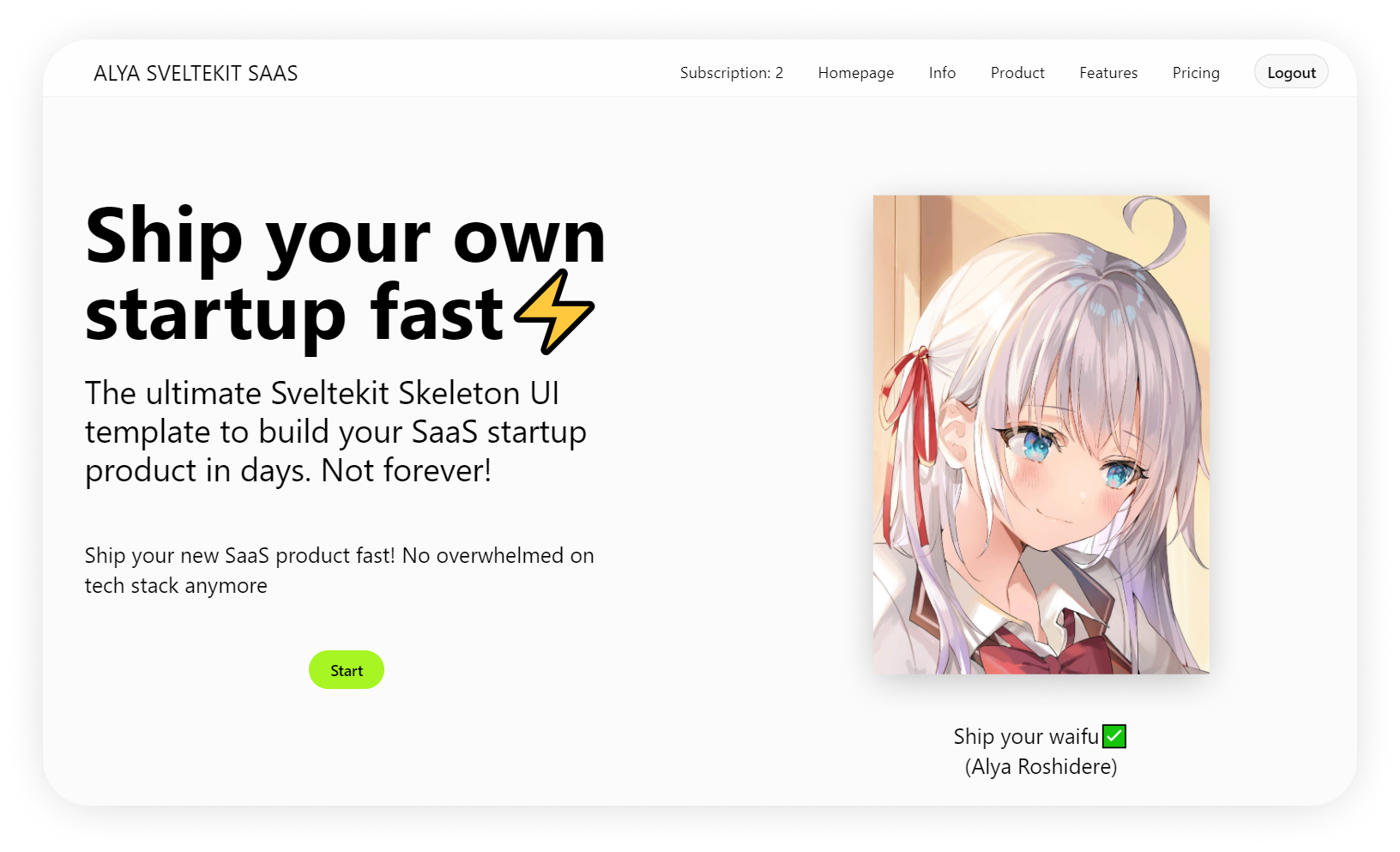
I built this open-source (Sveltekit+Pocketbase+Stripe) website saas start-up template
Introduction
Overview When comparing PostgreSQL and PocketBase, it’s important to understand their distinct purposes, features, and use cases. PostgreSQL is a traditional relational database management system (RDBMS), while PocketBase is a lightweight backend solution with embedded database capabilities.
Below is a detailed comparison of both technologies:
| Feature | PostgreSQL | PocketBase |
|---|---|---|
| Type | Relational Database Management System (RDBMS) | Backend as a Service (BaaS) with embedded database |
| Open Source | Yes | Yes |
| Written In | C | Go (Golang) |
| Use Cases | Complex data queries, enterprise-level applications, data warehousing, analytics | Mobile apps, small projects, prototyping, lightweight backends, simple API-driven apps |
| Data Model | Relational (tables, rows, columns) | Document-oriented with schema-less JSON objects |
| Performance | Optimized for complex queries and large datasets; supports indexing, partitioning, and parallel query execution | Fast and efficient for lightweight applications with fewer dependencies and lower resource usage |
| Storage | ACID-compliant transactions, MVCC for concurrent writes | ACID-compliant (SQLite-based) |
| Scaling | Vertical and horizontal scaling with clustering, replication, and sharding | Suitable for small to medium-sized applications; horizontal scaling is limited due to its lightweight nature |
| Data Integrity | Strong data integrity with constraints, triggers, foreign keys, and transactions | Basic constraints; designed for simplicity rather than full relational integrity |
| Advanced Features | Triggers, stored procedures, full-text search, JSONB support, geospatial data, extensibility with custom functions | Built-in user authentication, real-time subscription support, file storage, and REST APIs for simple application development |
| Licensing | PostgreSQL License (similar to MIT) | MIT License |
| Deployment | On-premises, cloud, Docker, Kubernetes, various managed services like AWS RDS, Google Cloud SQL, etc. | Primarily self-hosted but can be deployed on various platforms including cloud and containerized environments |
| Community & Ecosystem | Large community with extensive documentation, plugins, and integrations | Growing community with active development; less mature than PostgreSQL but evolving |
| Use Case Suitability | Enterprise-grade solutions, complex queries, and operations, multi-tenancy | Rapid prototyping, small to medium-sized apps, apps requiring built-in authentication and real-time data capabilities, especially mobile applications |
Key Differences
- Data Model and Storage: PostgreSQL:
Utilizes a strict relational model with tables, rows, and columns. Supports advanced data types like JSON, XML, arrays, hstore, and geospatial data through extensions like PostGIS. ACID-compliant transactions with robust support for complex joins and indexing. PocketBase:
Uses a NoSQL-like approach with document-oriented schema-less JSON data, although it can mimic relational structures to some extent. Also ACID-compliant due to its SQLite foundation, but optimized for simpler, lightweight applications. Lacks the complex querying and indexing capabilities of PostgreSQL. 2. Features and Extensibility: PostgreSQL:
Extensible with support for user-defined functions, custom data types, and extensions like PL/pgSQL, PL/Python, etc. Offers powerful features such as full-text search, partitioning, multi-version concurrency control (MVCC), and procedural languages. Extensive support for third-party tools and integrations. PocketBase:
Designed with simplicity in mind, providing out-of-the-box functionalities such as user authentication, file storage, and real-time APIs. Lacks advanced features and extensibility, making it suitable for small-scale projects or rapid prototyping. Built-in web interface for administration and development. 3. Scaling and Performance: PostgreSQL:
Optimized for large-scale applications with support for vertical and horizontal scaling. Advanced features like replication, partitioning, and sharding make it suitable for enterprise-level applications. Can handle complex queries, analytics, and large datasets efficiently. PocketBase:
Best for lightweight applications, mobile apps, or projects with moderate data requirements. Focuses on speed and efficiency with fewer dependencies and lower resource usage. Limited in terms of scaling capabilities compared to traditional RDBMS solutions like PostgreSQL. 4. Deployment and Ecosystem: PostgreSQL:
Wide range of deployment options including on-premises, cloud, Docker, Kubernetes, and managed services. Rich ecosystem with a large community, extensive documentation, and support for numerous plugins and extensions. PocketBase:
Primarily self-hosted with deployment flexibility on various platforms, including cloud and containerized environments. A growing but smaller community compared to PostgreSQL, focusing on simplicity and ease of use. 5. Use Cases and Suitability: PostgreSQL:
Suitable for enterprise-grade solutions, complex queries, and applications requiring high data integrity and complex operations. Commonly used in data warehousing, analytics, financial systems, and large-scale web applications. PocketBase:
Ideal for rapid prototyping, mobile applications, small to medium-sized projects, or applications needing built-in features like authentication and real-time data handling. Suitable for startups and developers looking for quick deployment and easy management. When to Use Which? Choose PostgreSQL if:
You need a robust, enterprise-grade relational database for complex queries and large datasets. Your application requires extensive data integrity, transactional support, and advanced features. You are developing a data-intensive application where performance, scaling, and flexibility are crucial. Choose PocketBase if:
You’re building a mobile or small-scale web application needing rapid prototyping and simple data management. Your project requires built-in features like user authentication and real-time APIs without complex configurations. You prioritize lightweight deployment, ease of use, and quick development cycles. Conclusion PostgreSQL and PocketBase cater to different audiences and use cases. PostgreSQL is a well-established, feature-rich RDBMS suitable for complex applications and enterprise solutions, while PocketBase is a lightweight, easy-to-use backend solution ideal for small to medium-sized projects, rapid prototyping, and mobile app development. The choice between them largely depends on the project’s requirements, complexity, and scalability needs.